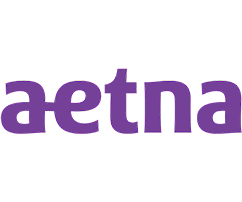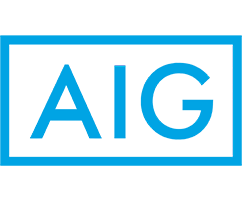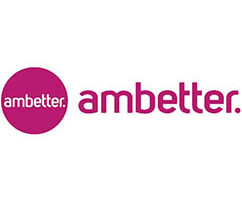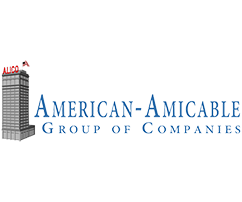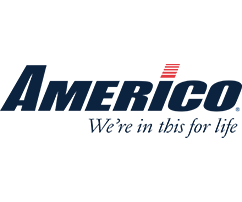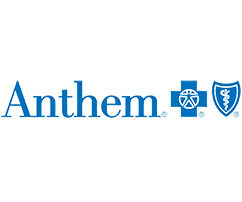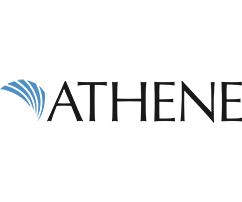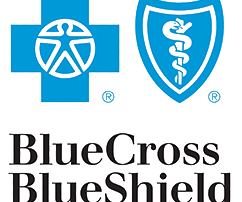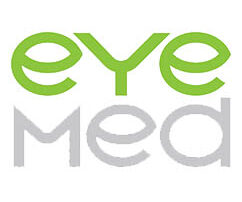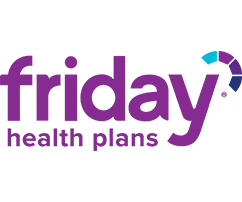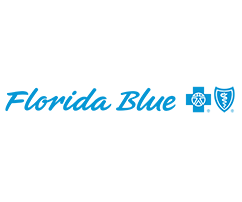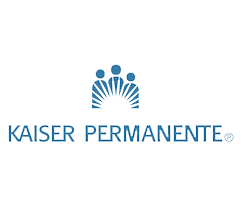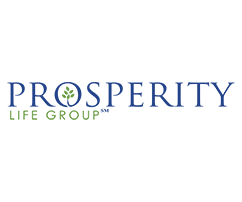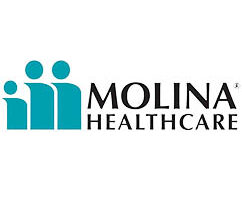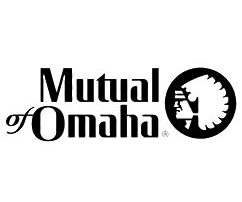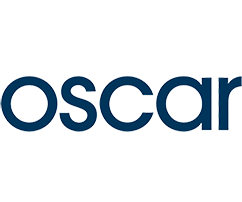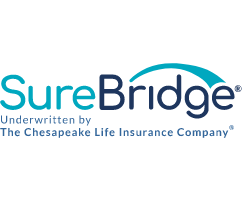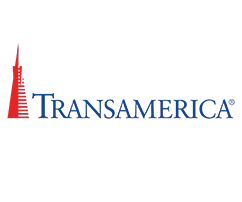LIFE INSURANCE
Why is life insurance important?
Buying life insurance protects your spouse, children, or any other family members from the potentially devastating financial losses that could result if something happens to you. It provides financial security, helps to pay off debts, helps to pay living expenses, and helps to pay any medical or final expenses.
What Is Life Insurance?
Life insurance is a contract between an insurer and a policy owner. A life insurance policy guarantees the insurer pays a sum of money to named beneficiaries when the insured dies in exchange for the premiums paid by the policyholder during their lifetime.
Different Types of Life Insurance
When you start looking for life insurance, you’ll face two main decisions right away: What type of life insurance is best for me? And how much life insurance do I need?
The two main categories of life insurance are term life insurance (which lasts for a set term) and permanent or Whole life insurance (which never expires). Whole, universal, indexed universal, variable, and burial insurance are all types of permanent life insurance.
LIFE
INSURANCE
Why is life insurance important?
Buying life insurance protects your spouse, children, or any other family members from the potentially devastating financial losses that could result if something happens to you. It provides financial security, helps to pay off debts, helps to pay living expenses, and helps to pay any medical or final expenses.
What Is Life Insurance?
Life insurance is a contract between an insurer and a policy owner. A life insurance policy guarantees the insurer pays a sum of money to named beneficiaries when the insured dies in exchange for the premiums paid by the policyholder during their lifetime.
Different Types of Life Insurance
When you start looking for life insurance, you’ll face two main decisions right away: What type of life insurance is best for me? And how much life insurance do I need?
The two main categories of life insurance are term life insurance (which lasts for a set term) and permanent or Whole life insurance (which never expires). Whole, universal, indexed universal, variable, and burial insurance are all types of permanent life insurance.
Term Life Insurance:
Has a specific end date for the level term period, when rates stay the same. After this period you can renew the policy, but at higher rates each year. Choices of coverage lengths are generally 5, 10, 15, 25 or 30 years. It’s the cheapest way to buy life insurance because you’re buying only insurance coverage and not paying for cash value life insurance.
Is ideal for people who want life insurance coverage for a specific debt or situation. For example, some people buy it to cover their working years as income replacement for their family in case they pass away. Some people buy term life to cover the years of a mortgage or other large debt.
Some of our carriers offers between 100-80% returns of the premium you paid at the end of the term period.
-
Decreasing Term Life Insurance—decreasing term is renewable term life insurance with coverage decreasing over the life of the policy at a predetermined rate.
-
Convertible Term Life Insurance—convertible term life insurance allows policyholders to convert a term policy to permanent insurance.
-
Renewable Term Life Insurance—is a yearly renewable term life policy that provides a quote for the year the policy is purchased. Premiums increase annually and are usually the least expensive term insurance in the beginning
Permanent or Whole life insurance:
This option can provide coverage for the duration of your life. An account within the policy builds cash value over time by using part of your premium payment and adding interest.
A policy will have built-in guarantees that the premium will not increase, the death benefit remains the same, and the cash value will earn a fixed rate of return.
Whole Life—whole life insurance is a type of permanent life insurance that accumulates cash value. Cash-value life insurance allows the policyholder to use the cash value for many purposes, such as a source of loans or cash or to pay policy premiums.
Universal Life (UL)—a type of permanent life insurance with a cash value component that earns interest. Universal life features flexible premiums. Unlike term and whole life, the premiums can be adjusted over time and designed with a level death benefit or an increasing death benefit.
Indexed Universal (IUL)—this is a type of universal life insurance that lets the policyholder earn a fixed or equity-indexed rate of return on the cash value component.
Variable Universal (VUL)—with variable universal life insurance, the policyholder can invest the policy’s cash value in an available separate account. It also has flexible premiums and can be designed with a level death benefit or an increasing death benefit.
Term Life Insurance:
Has a specific end date for the level term period, when rates stay the same. After this period you can renew the policy, but at higher rates each year. Choices of coverage lengths are generally 5, 10, 15, 25 or 30 years. It’s the cheapest way to buy life insurance because you’re buying only insurance coverage and not paying for cash value life insurance.
Is ideal for people who want life insurance coverage for a specific debt or situation. For example, some people buy it to cover their working years as income replacement for their family in case they pass away. Some people buy term life to cover the years of a mortgage or other large debt.
Some of our carriers offers between 100-80% returns of the premium you paid at the end of the term period.
-
Decreasing Term Life Insurance—decreasing term is renewable term life insurance with coverage decreasing over the life of the policy at a predetermined rate.
-
Convertible Term Life Insurance—convertible term life insurance allows policyholders to convert a term policy to permanent insurance.
-
Renewable Term Life Insurance—is a yearly renewable term life policy that provides a quote for the year the policy is purchased. Premiums increase annually and are usually the least expensive term insurance in the beginning
Permanent or Whole life insurance:
This option can provide coverage for the duration of your life. An account within the policy builds cash value over time by using part of your premium payment and adding interest.
A policy will have built-in guarantees that the premium will not increase, the death benefit remains the same, and the cash value will earn a fixed rate of return.
Whole Life—whole life insurance is a type of permanent life insurance that accumulates cash value. Cash-value life insurance allows the policyholder to use the cash value for many purposes, such as a source of loans or cash or to pay policy premiums.
Universal Life (UL)—a type of permanent life insurance with a cash value component that earns interest. Universal life features flexible premiums. Unlike term and whole life, the premiums can be adjusted over time and designed with a level death benefit or an increasing death benefit.
Indexed Universal (IUL)—this is a type of universal life insurance that lets the policyholder earn a fixed or equity-indexed rate of return on the cash value component.
Variable Universal (VUL)—with variable universal life insurance, the policyholder can invest the policy’s cash value in an available separate account. It also has flexible premiums and can be designed with a level death benefit or an increasing death benefit.
“At Blue Quartz Life and Health, our success is not defined by the number of sales, is defined by the numbers of satisfied clients.”
CARRIERS
CARRIERS
CONTACT US
Fill up the form below and we will answer you as soon as possible.
CONTACT US
Fill up the form below and we will answer you as soon as possible.
Error: Contact form not found.


